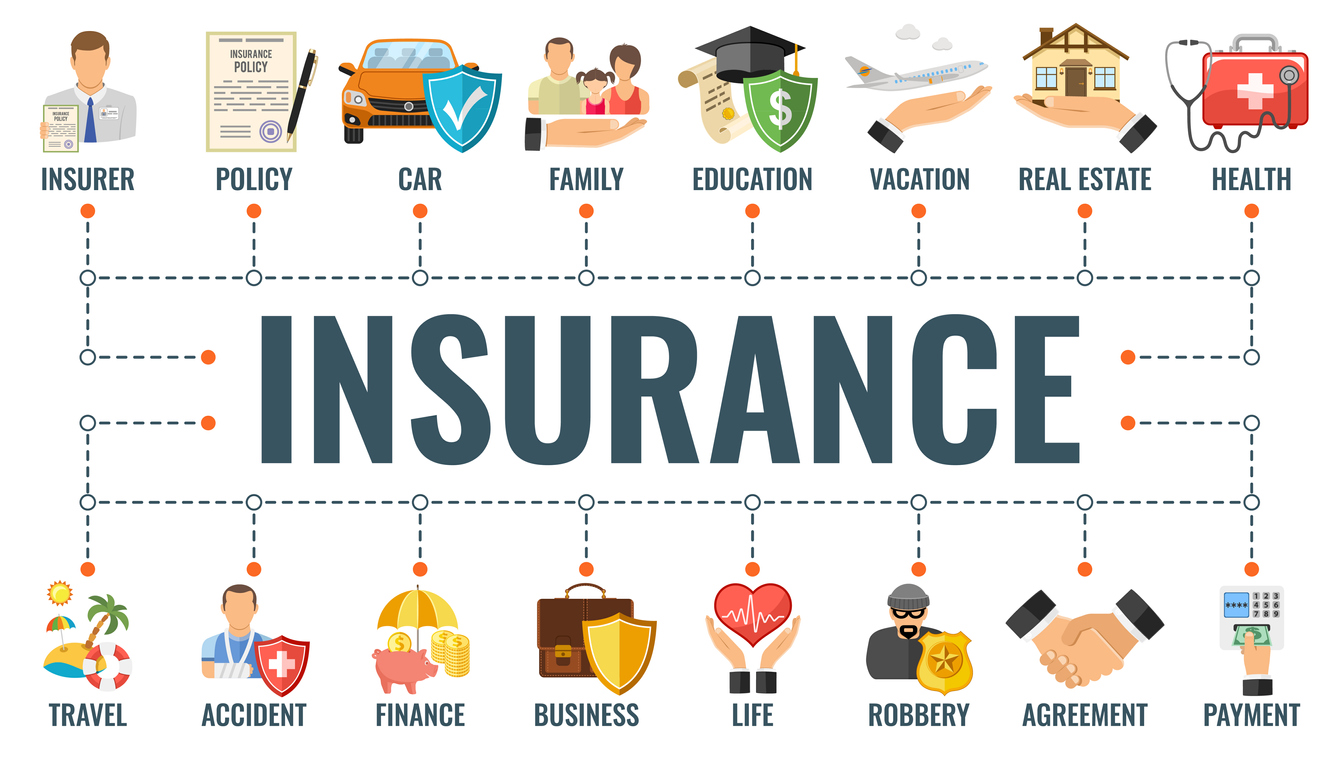
How to Compare Insurance Quotes Online and Choose the Best Deal Fast
Introduction
When it comes to insurance, whether for auto, health, home, or life, finding the right deal can be daunting. With so many options available, it’s important to compare insurance quotes online efficiently to find the best deal that suits your needs. This article will guide you step by step on how to compare insurance quotes online and choose the best deal fast. Additionally, we’ll discuss SEO strategies and Google Adsense requirements to ensure that your content performs well online.
The Importance of Comparing Insurance Quotes
Why Comparing Insurance Quotes Matters
One of the most significant decisions you’ll make in life is choosing an insurance provider. Insurance is an essential financial safety net, and the cost varies significantly depending on the provider, your location, and your personal circumstances. Comparing insurance quotes allows you to:
- Find the best price.
- Ensure you have adequate coverage.
- Identify hidden fees.
- Choose a reliable insurance company.
By comparing multiple quotes, you can make an informed decision that will save you money in the long run.
How Insurance Quotes Are Formed
Insurance premiums are calculated based on various factors, including:
- Your age, gender, and location.
- Your driving record (for auto insurance).
- The type of coverage (e.g., comprehensive vs. basic).
- Your health history (for health insurance).
- The value of your home or car.
Insurance companies use complex algorithms to assess these factors and generate a quote. Understanding how quotes are formed can help you negotiate better terms when comparing offers.
Steps to Compare Insurance Quotes Online
Step 1: Gather Information
Before you begin comparing insurance quotes, gather the necessary information. This includes:
- Personal details (age, gender, location).
- Vehicle or property details (make, model, year).
- Driving or health history.
- Current insurance coverage (if applicable).
Having this information readily available will save you time during the comparison process.
Step 2: Use Reputable Comparison Websites
There are numerous online platforms where you can compare insurance quotes. Some of the most trusted comparison websites include:
- Progressive
- Geico
- Insurify
- The Zebra
- Compare.com
These sites allow you to input your information once and receive multiple quotes from different insurers. Choose platforms that provide accurate and up-to-date information.
Step 3: Understand the Type of Coverage You Need
Make sure you understand the type of coverage you need before comparing quotes. Different types of insurance coverage include:
- Auto Insurance: Liability, collision, and comprehensive.
- Home Insurance: Structure, contents, liability, and natural disasters.
- Health Insurance: Individual plans, family plans, and catastrophic coverage.
- Life Insurance: Term, whole, and universal life insurance.
Identifying your needs will help you find the most suitable quotes for your situation.
Step 4: Compare the Price and Coverage
When comparing insurance quotes, it’s not just about finding the cheapest option. While cost is important, it’s crucial to also consider the level of coverage each policy offers. Here’s a table to help you weigh price vs. coverage:
| Insurance Company | Monthly Premium | Coverage Type | Deductible | Customer Service Rating |
|---|---|---|---|---|
| XYZ Insurance | $50 | Full Coverage | $500 | 4.5/5 |
| ABC Insurance | $40 | Basic Coverage | $1000 | 4/5 |
| PQR Insurance | $60 | Premium Coverage | $300 | 5/5 |
Step 5: Review the Insurer’s Reputation
Look at online reviews, ratings, and complaints. Websites like Trustpilot and the Better Business Bureau (BBB) offer consumer feedback on various insurance companies. Make sure the insurer you choose has a solid reputation for customer service, ease of claims, and financial stability.
Step 6: Factor in Additional Costs
Some insurance policies might offer a low premium but have high deductibles or limited coverage. Look out for additional costs, such as:
- Excessive deductibles: You may end up paying more in the event of a claim.
- Add-ons and riders: These can increase your premium but provide extra coverage.
- Exclusions: Check what is not covered in the policy, as this can impact your decision.
Common Mistakes to Avoid When Comparing Insurance Quotes
Mistake 1: Focusing Solely on Price
It’s easy to fall into the trap of choosing the cheapest option, but you should balance price with coverage. Sometimes a slightly higher premium can save you money in the long run if the coverage is more comprehensive.
Mistake 2: Overlooking Customer Service
Cheap premiums won’t matter much if the insurer is difficult to deal with during claims. Check customer service reviews before making a decision.
Mistake 3: Ignoring Policy Exclusions
Be aware of exclusions in insurance policies. These are situations that the insurer will not cover, and knowing them beforehand can prevent surprises when you file a claim.
Tips to Get the Best Insurance Deal Fast
Tip 1: Bundle Your Insurance Policies
Many insurance providers offer discounts if you bundle multiple policies, such as auto, home, and life insurance. Ask insurers about these discounts to save money on premiums.
Tip 2: Increase Your Deductible
Increasing your deductible can reduce your monthly premium. However, make sure you can afford the higher deductible in case you need to file a claim.
Tip 3: Maintain a Good Credit Score
Insurance companies often use your credit score to determine your premiums. Maintaining a good credit score can help you secure lower premiums.
Tip 4: Shop Around Regularly
Insurance rates can change over time, so it’s a good idea to shop for quotes every year or whenever your policy is about to expire.



